(ECNS) -- "Every booth here is grand and exquisitely decorated, with bustling crowds and frequent interactions, creating a lively atmosphere," remarked many exhibitors, highlighting the Medical Equipment and Healthcare Products Exhibition Area as one of the most vibrant ones at the China International Import Expo (CIIE).

Following its debut in 2020, the INSPIRIS RESILIA aortic valve by Edwards Lifesciences obtained market approval in China in less than two months. "Participation in the CIIE accelerated the market entry of this product, delivering significant clinical benefits to Chinese patients," noted Bin Hu, senior director of the Business Unit of Surgical Structural Heart at Edwards Lifesciences China.
To date, over 3,000 Chinese patients have benefited from this innovation. One heart surgeon, also a patient, resumed work shortly after minimally invasive surgery, integrating his surgical experience into his work to optimize patient care processes.
Another standout product by Edwards Lifesciences, the SAPIEN3 transcatheter aortic valve system, completed its first commercial implantation in Shanghai within a month after its debut at the CIIE and was subsequently included in the medical insurance systems of Henan and Shanghai, demonstrating the "China Speed" behind the "CIIE Acceleration".
Hu emphasized the vital significance of time for patients with heart valve diseases, stating that the "CIIE Acceleration" not only reflects the rapid translation of innovative outcomes but also fuels a series of true-life races.
Over 30 years ago, when Danish pharmaceutical company Novo Nordisk first entered China, it did not anticipate that the "CIIE Acceleration" would catalyze a rapid transition from initial showcase to the first commercial use of prescription.
In 2024, Novo Nordisk unveiled the world's first weekly insulin formulation at the CIIE, achieving commercial launch and medical insurance approval simultaneously in China by the end of the month.
Noteworthy is Novo Nordisk's presentation of this weekly insulin formulation in clinical research literature form at the sixth CIIE, signifying a significant triple leap from laboratory research to exhibits, and then to marketable products within just one year.
"We are proud of the foresight in establishing the first R&D center of a multinational pharmaceutical enterprise in China back then," said Christine Zhou, senior vice president and president of Region China at Novo Nordisk. "The elevation of China's clinical research standards and the acceleration of its drug evaluation and approval system have ultimately led to a 'Zero-lag Simultaneous Approval' between Chinese and global innovations."
In the office of Boehringer Ingelheim, a key engraved with "China Key" captivates attention, symbolizing the company's strategic upgrade from "China IN" to "China Key".
At the third CIIE in 2020, Boehringer Ingelheim introduced the world's first targeted biologic agent for generalized pustular psoriasis (GPP) – Spesolimab. The prescription achieved synchronized research, registration, and approval globally, ahead of the US, EU, and Japan in preventing GPP. Within just a few years, the pharmaceutical solution progressed from CIIE debut to global first launch.
Dr. Zhang Wei, head of R&D and Medicine at Boehringer Ingelheim China, said "In the past, when applying for approval of innovative drugs, the National Medical Products Administration (NMPA) would always ask whether the drugs had been approved by the U.S. Food and Drug Administration (FDA) and the European Union. Now, there is a dramatic reversal where the FDA rarely asks to 'borrow' the instruction manual from China. This is a vivid illustration of the 'CIIE Acceleration'."
Against the backdrop of the deepening implementation of the Health China 2030 Initiative, the CIIE has not only become a "super showcase" for multinational pharmaceutical companies to display their latest products but also built the "CIIE Acceleration" for medical approvals through institutional innovation. These "CIIE Babies" leverage the CIIE to accelerate their market approval in China and this accelerated journey from research and development to market launch not only enables more cutting-edge global medical technologies to debut in China but also continuously shortens the distance between patients and frontier technologies. In the future, we anticipate more "CIIE babies" to script new life miracles through the CIIE.












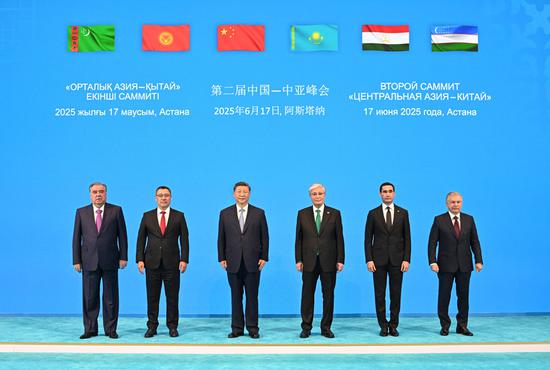




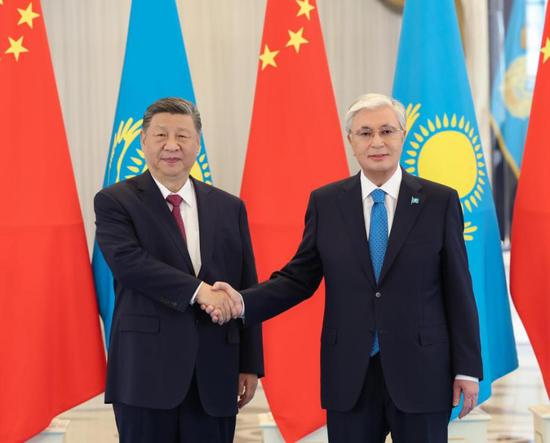




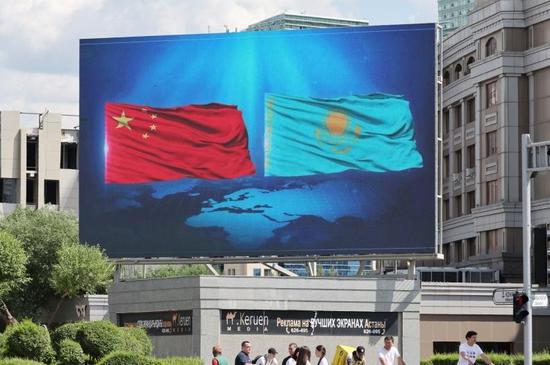
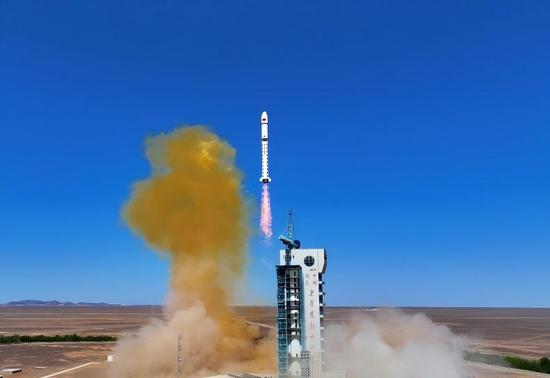
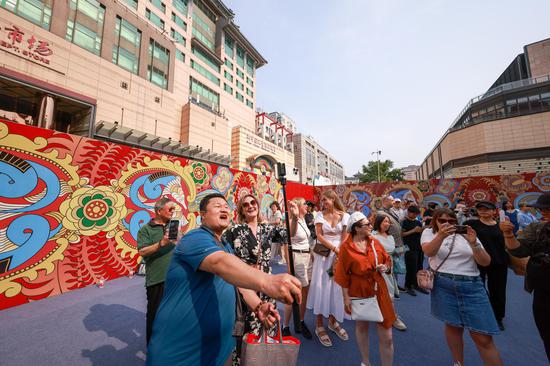


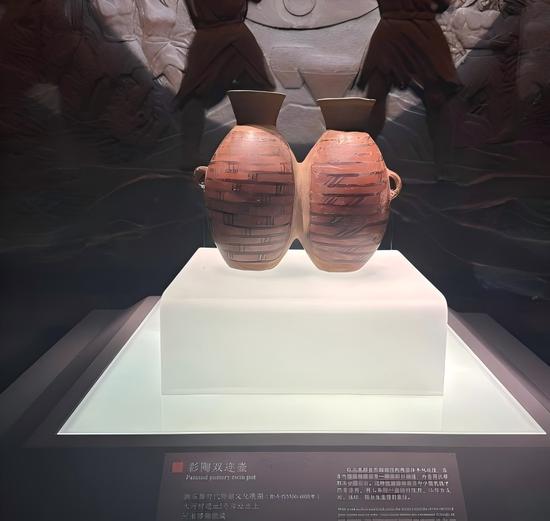
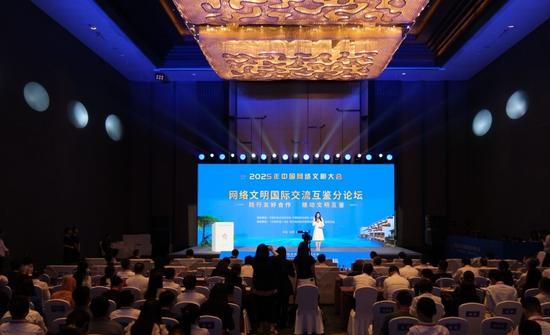


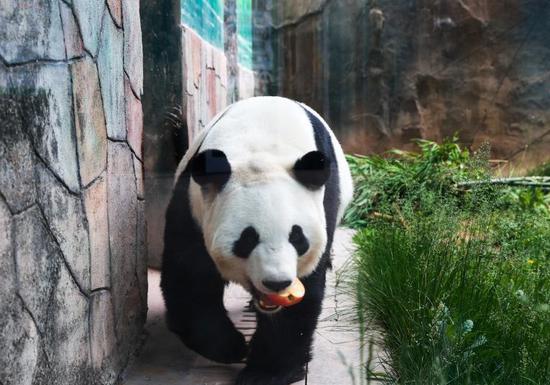

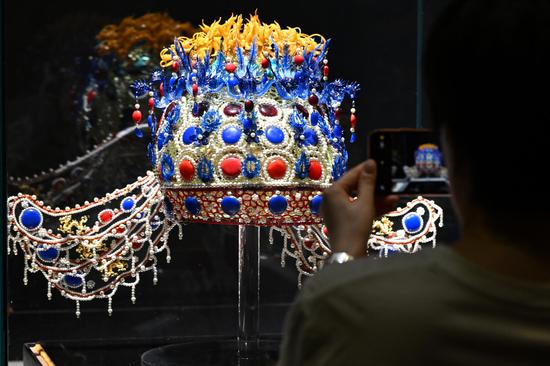



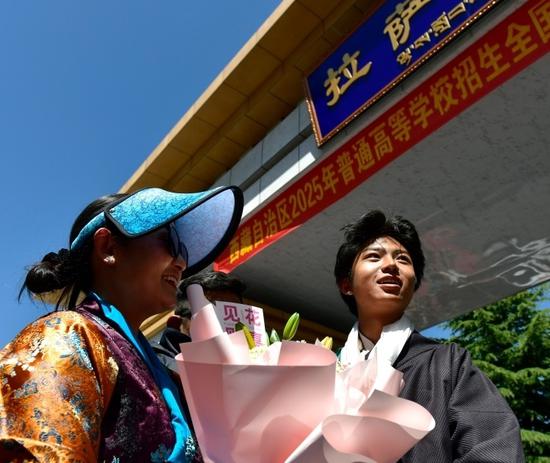






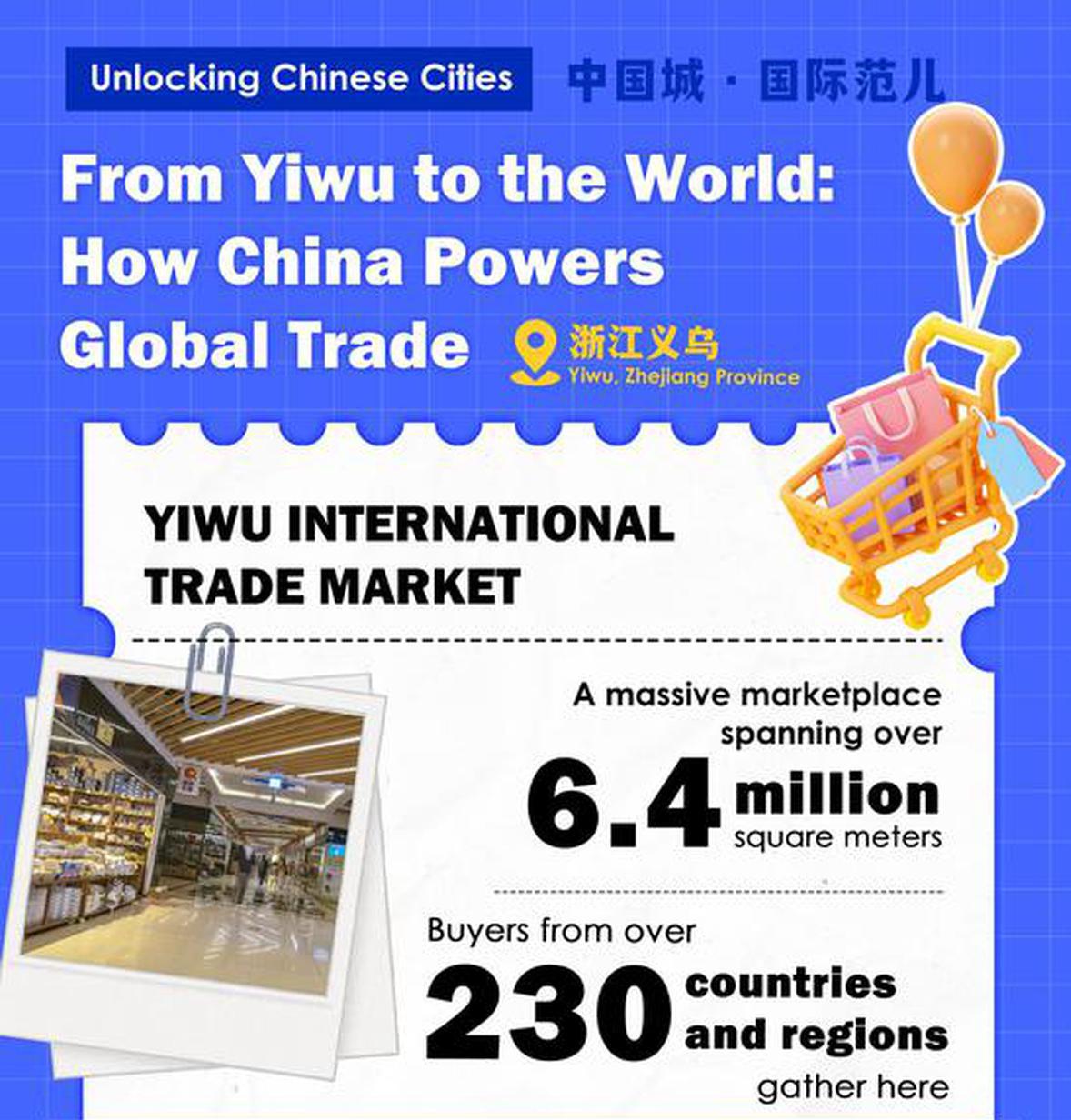



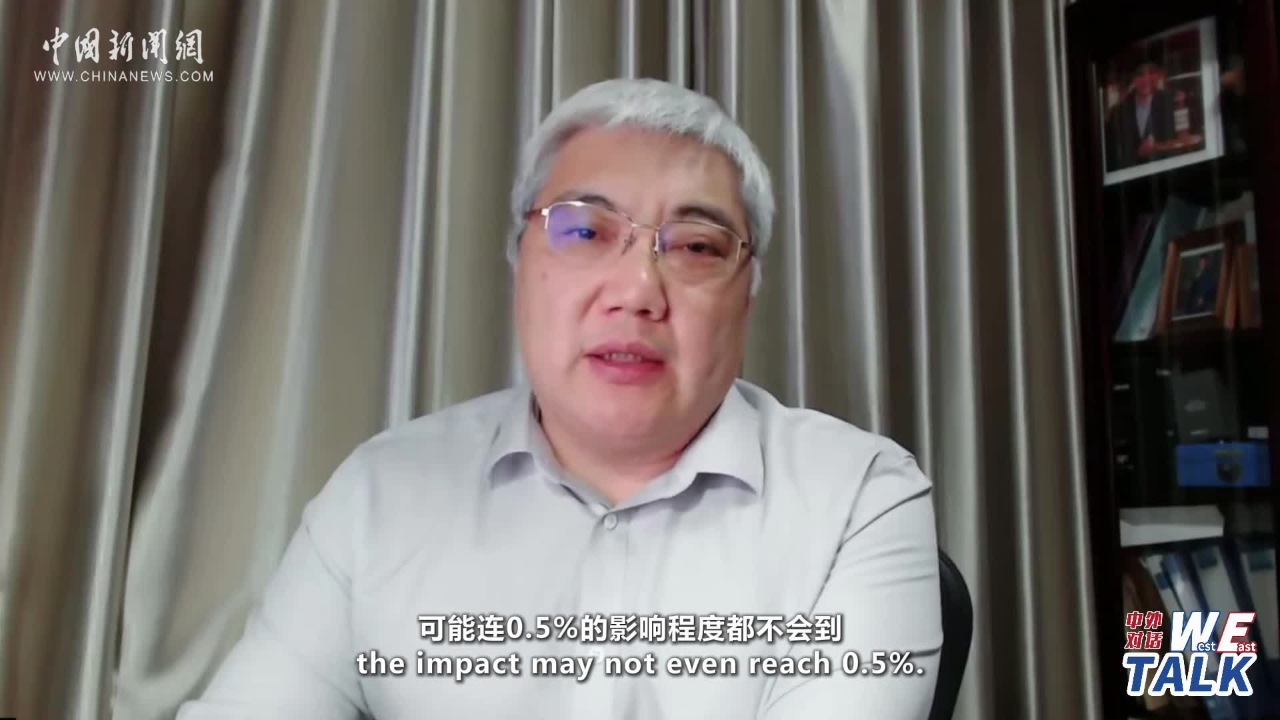

 京公網安備 11010202009201號
京公網安備 11010202009201號